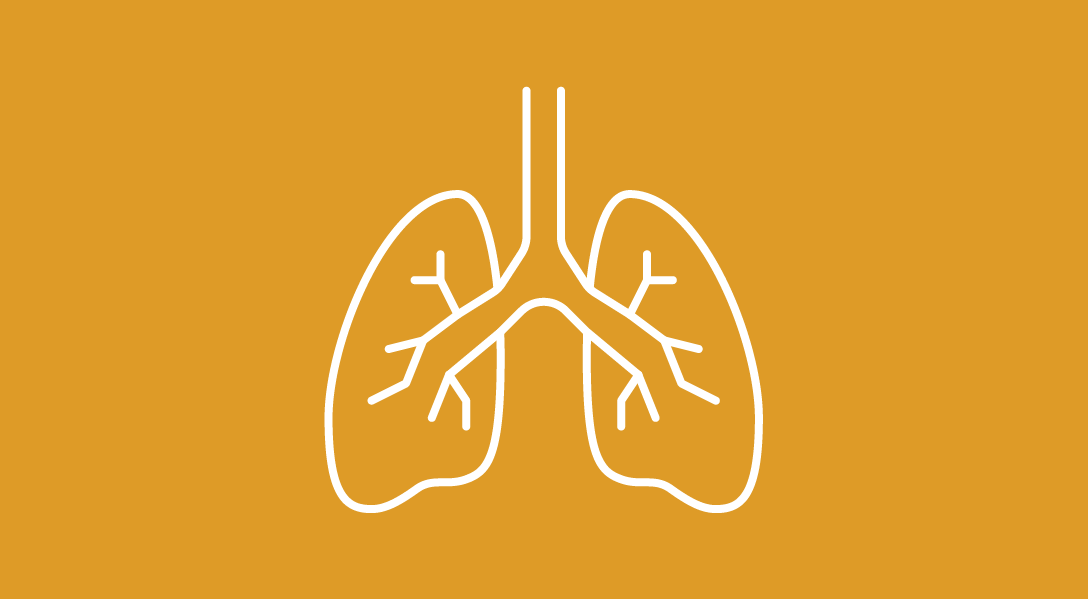BLA Filed for Dato-DXd for EGFR-Mutant Lung Cancer
The FDA received a biologics license application for datopotamab deruxtecan for previously treated EGFR-mutant non-small cell lung cancer.
A biologics license application was filed seeking the accelerated approval of datopotamab deruxtecan (Dato-DXd) for adults with pretreated locally advanced or metastatic non–small cell lung cancer with EGFR mutations.

A biologics license application (BLA) has been filed seeking the accelerated approval of datopotamab deruxtecan (Dato-DXd) for adults with locally advanced or metastatic non–small cell lung cancer (NSCLC) that has EGFR mutations and was previously treated with systemic therapies, including an EGFR-directed therapy.1
In a news release, AstraZeneca and Daiichi Sankyo also announced that they have voluntarily withdrawn the BLA for Dato-DXd in the treatment of patients with advanced or metastatic nonsquamous NSCLC. In February 2024, the FDA accepted the BLA seeking the approval of Dato-DXd in this indication.2 Additional findings announced in May 2024 showed that Dato-DXd produced a numerically favorable but not statistically significant improvement in overall survival (OS) vs chemotherapy in the overall population of patients with previously treated, locally advanced or metastatic NSCLC in the phase 3 TROPION-Lung01 trial (NCT04656652); data from this study supported the initial BLA.3
The new BLA is supported by data from the phase 2 TROPION-Lung05 trial (NCT04484142), and the application also includes data from TROPION-Lung01 and the phase 1 TROPION-PanTumor01 trial (NCT03401385).1
Findings from TROPION-Lung05 presented at the 2023 ESMO Congress demonstrated that patients with previously treated, EGFR-mutated advanced NSCLC (n = 74) achieved an overall response rate (ORR) of 43.6% (95% CI, 32.4%-55.3%) and a disease control rate (DCR) of 82.1% (95% CI, 71.7%-89.8%).4 The median duration of response was 7.0 months (95% CI, 4.2-10.2), and the median progression-free survival (PFS) was 5.8 months (95% CI, 5.4-8.3).
Data from a pooled analysis of patients with previously treated NSCLC harboring EGFR mutations treated with Dato-DXd in TROPION-Lung05 and TROPION-Lung01 will be presented at the 2024 ESMO Asia Congress.1
“TROPION-Lung01 was designed to test the potential to improve upon standard-of-care chemotherapy in a broad, previously treated, advanced lung cancer patient population. The results, together with data from TROPION-Lung05, showed an especially pronounced benefit for patients with an EGFR mutation, which informed our discussions with the FDA and the decision to seek accelerated approval of Dato-DXd in this patient population,” Susan Galbraith, executive vice president of Oncology R&D at AstraZeneca, stated in a news release. “TROPION-Lung01 has also provided exciting exploratory data supporting our biomarker development, which will be validated in ongoing and planned phase 3 lung cancer trials.”
TROPION-Lung05 was a single-arm, phase 2 study that enrolled patients with stage IIIB/C or IV NSCLC harboring at least 1 actionable mutation, including EGFR, ALK, ROS1, NTRK, BRAF, MET exon 14 skipping mutations, or RET.4 Other key inclusion criteria consisted of an ECOG performance status of 0 or 1; at least 1 prior line of targeted therapy; 1 or 2 prior cytotoxic agents, including platinum-based chemotherapy, in the metastatic setting; and radiographic disease progression after targeted therapy.
All patients received Dato-DXd at 6 mg/kg once every 3 weeks.
ORR per blinded independent central review assessment served as the trial’s primary end point. Secondary end points included DOR, DCR, clinical benefit rate, PFS, time to response, OS, safety, pharmacokinetics, and immunogenicity.
Safety data from the trial’s overall population (n = 137) showed that all patients had at least 1 any-grade treatment-emergent adverse effect (TEAE), and 47% had grade 3 or higher TEAEs. Any-grade and grade 3 or higher treatment-related TEAEs occurred in 94% and 29% of patients, respectively. Serious AEs of any grade were reported in 25% of patients, including 5% who had grade 3 or higher serious AEs.
TEAEs led to dose reduction, dose withdrawal, and death in 22%, 10%, and 2% of patients, respectively.
References
1. Datopotamab deruxtecan new BLA submitted for accelerated approval in the US for patients with previously treated advanced EGFR-mutated non-small cell lung cancer. News release. AstraZeneca. November 12, 2024. Accessed November 12, 2024. https://www.astrazeneca.com/media-centre/press-releases/2024/dato-dxd-new-bla-submitted-nsq-bla-withdrawn.html
2. Datopotamab deruxtecan biologics license application accepted in the US for patients with previously treated advanced nonsquamous non-small cell lung cancer. News release. AstraZeneca. February 19, 2024. Accessed November 12, 2024. https://www.astrazeneca.com/media-centre/press-releases/2024/fda-accepts-dato-dxd-bla-for-nonsquamous-nsclc.html
3. Datopotamab deruxtecan showed clinically meaningful overall survival improvement versus chemotherapy in patients with advanced nonsquamous non-small cell lung cancer in TROPION-Lung01 phase 3 trial. Press Release. Daiichi Sankyo. May 28, 2024. Accessed November 12, 2024. https://www.daiichisankyo.com/files/news/pressrelease/pdf/202405/20240527_E.pdf
4. Paz-Ares L, Ahn M-J, Lisberg AE, et al. TROPION-Lung05: datopotamab deruxtecan (Dato-DXd) in previously treated non-small cell lung cancer (NSCLC) with actionable genomic alterations (AGAs). Ann Oncol. 2023;34(suppl 2):S755-S756. doi:10.1016/j.annonc.2023.09.2348



